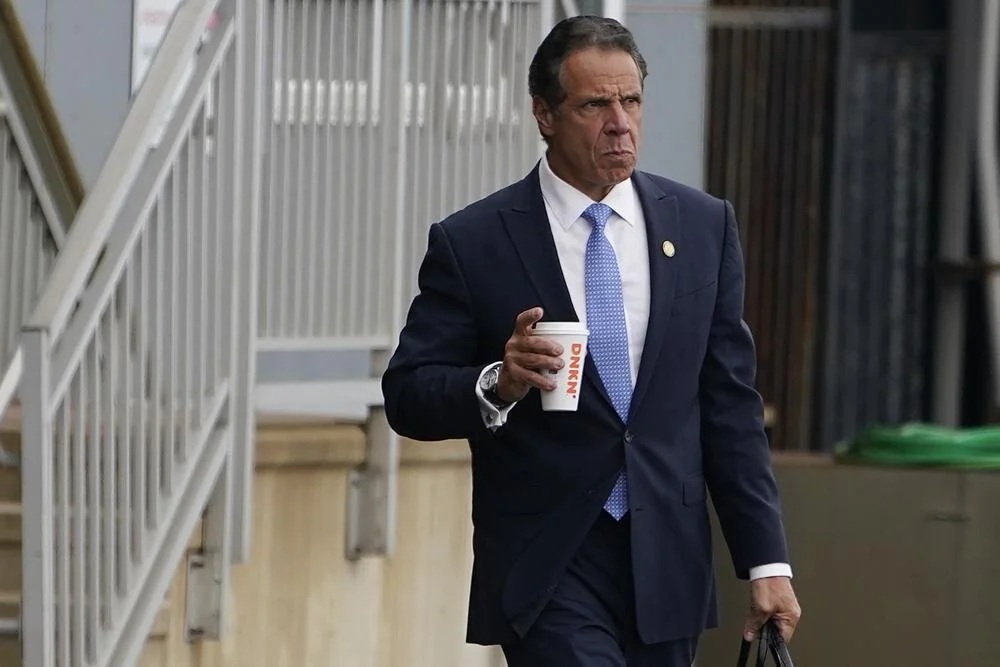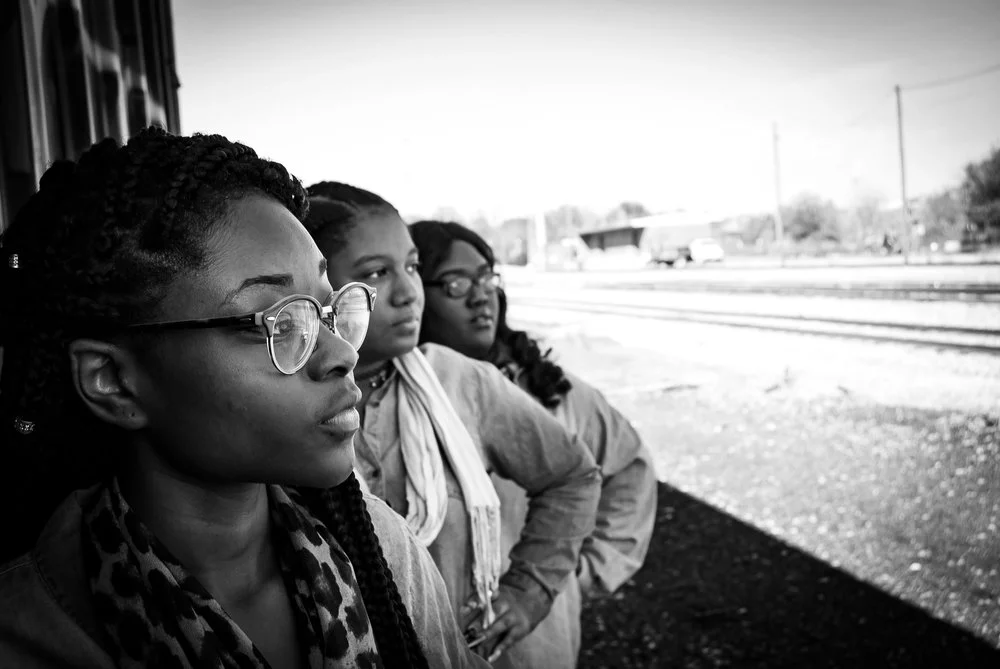Why Independence Day is Meaningless
Where’s the green, the prosperity we were promised on October 1, 1960?
As Nigeria closes its fifth decade on October 1, an examination of the country’s journey since gaining independence from Britain is vital if it is to staunch its continuous descent into chaos. Like most formerly colonised African nations, Nigeria is relatively young, a fact some have to explain away its current socio-economic problems and political woes. Others have blamed its arrested development on years of stultifying military rule.
While both are tenable arguments, civilian rule returned twenty years ago—an ample amount of time to course-correct considering Singapore, a resource-poor and younger nation than Nigeria, significantly improved its economy in a shorter period—and those who have presided over the country’s affairs since 1999 have been anything but young. Case in point, the current president, Muhammadu Buhari, is 76.
Nigeria’s main problem as diagnosed in Chinua Achebe’s 1983 treatise The Trouble with Nigeria is “the unwillingness or inability of its leaders to rise to the responsibility, to the challenge of personal example,” which is why decades-old news reports read like today’s news as evidenced by a 1971 New York Times article on the Gowon administration.
“Corruption infects all levels of the government, rising unemployment and inflation torment the urban worker, and spending by the army seems not only extravagant but virtually uncontrolled.”
Currently, inflation and unemployment rates stand at 11% and 23% respectively and despite dwindling foreign reserves, senators are on the verge of awarding themselves a whopping 5.5 billion naira ($15.2 million) to purchase new SUVs, with one lawmaker proclaiming they “deserve” said vehicles for their work. In a country where the minimum wage is 30,000 naira ($82) and senators earn 14 million naira ($38,585) per month in salaries and allowances, it would be far more financially prudent to transport lawmakers in Made in Nigeria tumbrils.
The cycle of corruption endures mainly due to government reluctance to prosecute high-profile offenders for fear of ruffling the political class. President Buhari, who’s perceived as an anti-corruption crusader and whose 18 month military regime waged a war against indiscipline in the mid-80s, lamented the low conviction rates. But then again, his administration hasn’t honoured a 2017 court order to publish the names of suspected looters and monies recovered.
In the meantime, former first lady Patience Jonathan was ordered in July to forfeit 9.2 billion naira ($8.4 million), while forty million dollars’ worth of jewellery was recently seized from the home of former petroleum minister Diezani Allison-Madueke, in addition to previously confiscated properties and stolen monies traced to her. Yet, both women have been allowed to roam more freely than free range chickens.
Where does this leave Nigerians?
Seventy percent of Nigeria’s revenue is derived from crude oil, and between illicit financial leakages, foreign debt servicing, and its obsession with maintaining low fuel prices through subsidies that cost 648 billion naira ($1.8 billion) last year, there’s isn’t enough money to provide adequate infrastructure for its 200 million strong population. What’s more, attempts by past and present governments to diversify its economy have been half-cocked.
The New York Times reported in 1982 that President Shehu Shagari’s plan to mitigate the impact of plummeting global prices on the economy by curbing imports and reviving the agricultural sector in what was billed “the green revolution” had failed to yield substantial results.
“The revolution so far has had mixed success. Rice production had increased at a rate higher than population growth but in all other domestic food sectors, production has lagged, providing a growing market for imported food.”
In the early 80s, Nigeria was spending 1.4 billion naira ($2.3 billion) a year on food imports. That figure ballooned to 7.92 trillion naira ($22 billion) in 2018, according to the agriculture minister at the time, with 0.59 trillion naira ($1.65 billion) accounting for rice, a staple food. To this end, President Buhari banned the use of foreign exchange in 2015 to curb rice import and other items. Although local rice production has increased, it has yet to meet demand due to a variety of reasons, including antiquated farming practices, lack of infrastructure, multiple taxation and limited access to loans.
Like agriculture, education and health sectors have been grossly neglected. Nigeria not only spends four times more money on fuel subsidies than it does on education, science and hospitals combined, its budget for legislative aides surpasses allocations for the country’s 43 federal universities. It’s no surprise, then, that public schools are overcrowded, ill-equipped and understaffed with inadequately trained teachers, a sad state of affairs that led a governor to lay off primary school teachers who failed the state’s competency tests.
Universities that produced luminaries like Wole Soyinka, Flora Nwapa and Dr Bennet Omalu have been stripped of their power to impart knowledge in a conducive learning environment. Also, as more professionals leave Nigeria for in search of better opportunities elsewhere and local and multinational companies struggle to find qualified staff, the country’s global competitiveness is bound to suffer even more.
More worrisome, however, is the emergence of a two-tier system that leaves poor and rich Nigerians with widely dissimilar health outcomes and employment prospects. While the former have no choice but to patronise gutted schools and hospitals, the latter can afford to pay for private schools and better medical care, something of which Nigerian rulers have blithely availed themselves since independence. In 2016, despite his administration’s vow to bar civil servants from taking tax-payer-funded medical trips abroad, President Buhari flew to London to treat an ear infection before scheduling two lengthy medical visits the following year. His predecessor President Umaru Musa Yar’Adua spent his dying days in a Saudi hospital.
One of the reasons women and men rejoiced as Nigeria’s green-white-green flag permanently replaced the Union Jack on October 1, 1960 was the belief they were securing economic prosperity and dignity for themselves and fellow citizens. Sadly, after nearly six decades of self-rule, it’s become clear that Nigerian rulers are no different from the colonial administrations that maimed, abused, robbed and plundered Nigerians, that they’re are not any more inclined to better the living conditions of their compatriots.
Since Nigerians are poorer today than they were sixty years ago and can barely point to any significant advancements in the country, then what is the point of Independence Day celebrations?
You May Also Like










